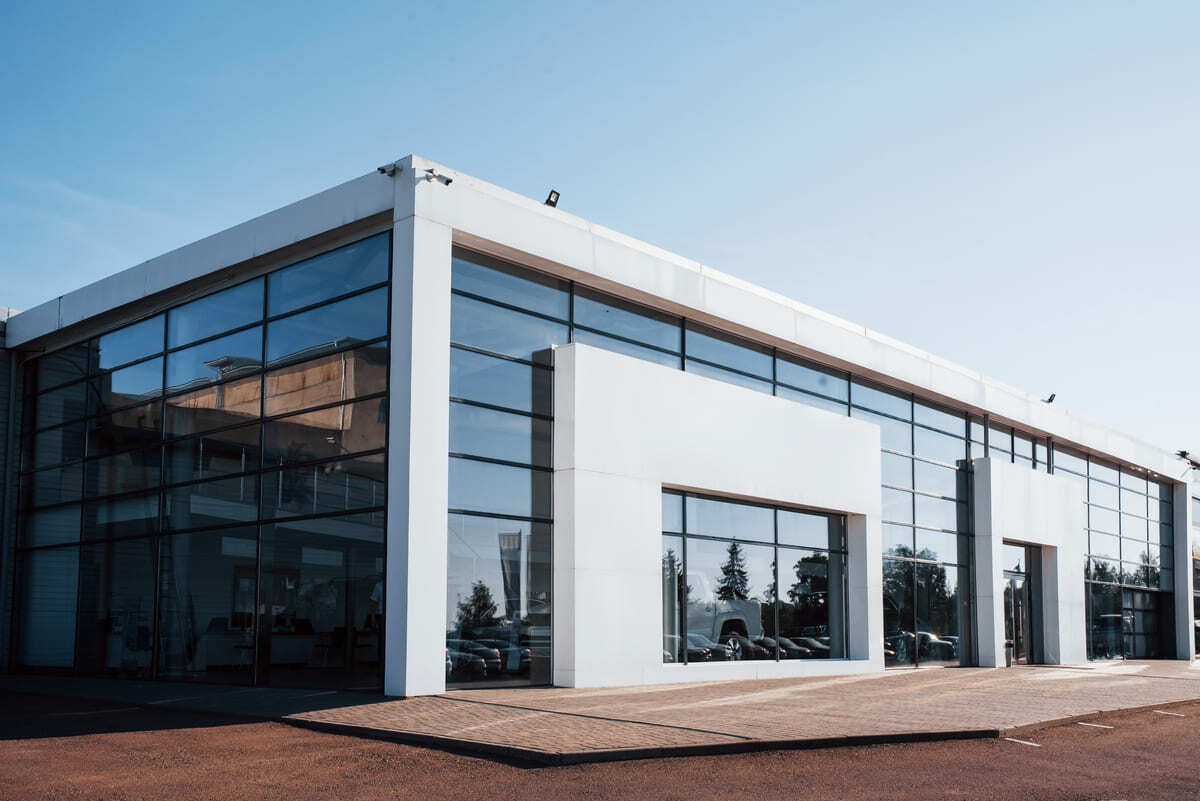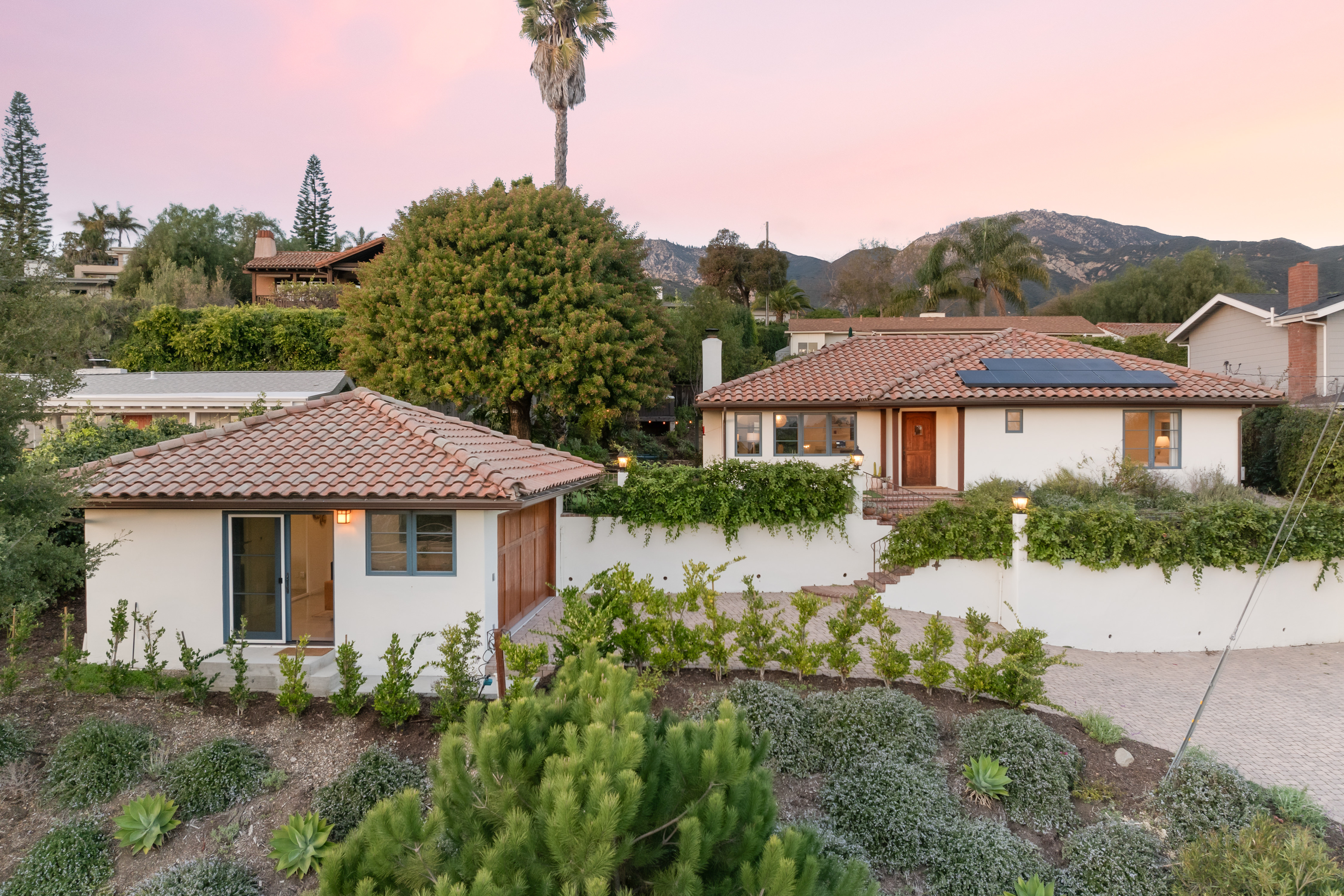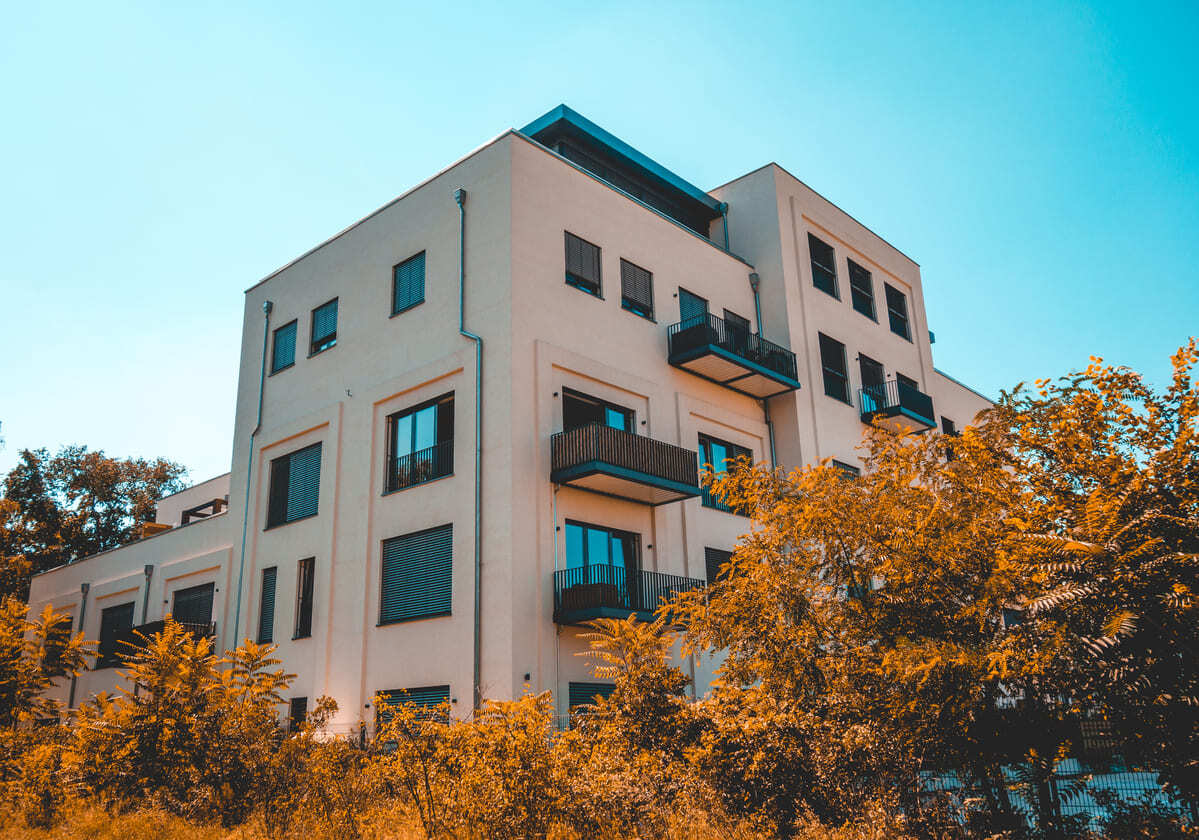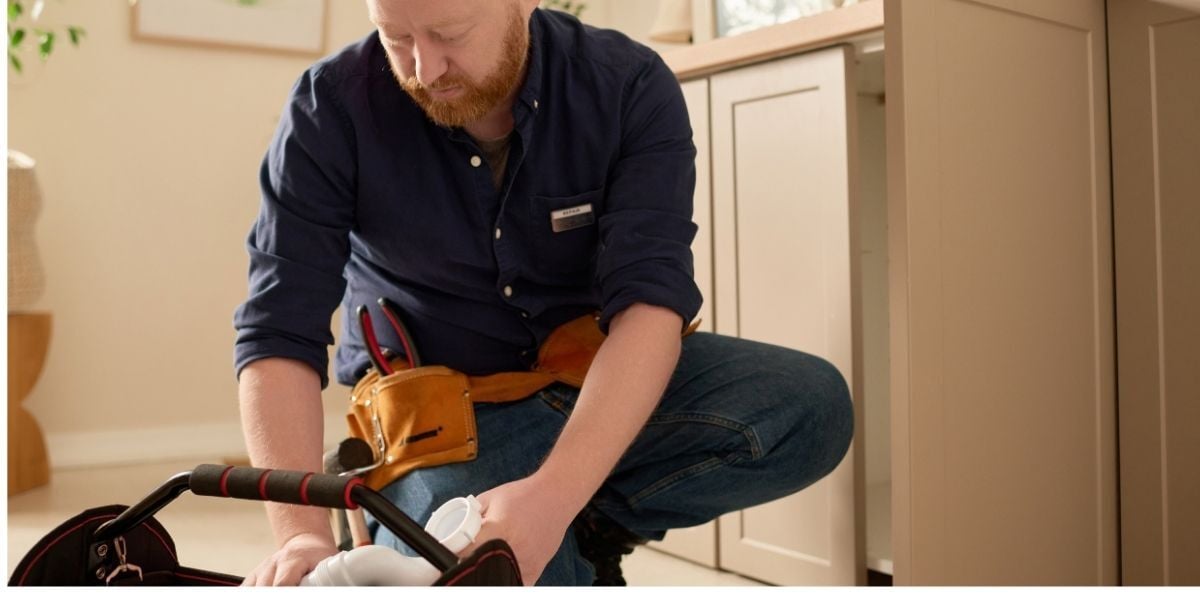 Stuff happens, and unfortunately if you have a Chico or Redding rental property, this “stuff” will happen to your property. Your lawn will die, your parking area will need to be resealed, gutters will need to be replaced, exterior paint will need to be freshened up, and there’s a winter storm coming where you’ll inevitably receive calls saying that the roof is leaking. This stuff is going to happen. It’s not a matter of if, but when. So, what can you do about it? In a world of deferred maintenance how do you keep your investment looking good and staying profitable?
Stuff happens, and unfortunately if you have a Chico or Redding rental property, this “stuff” will happen to your property. Your lawn will die, your parking area will need to be resealed, gutters will need to be replaced, exterior paint will need to be freshened up, and there’s a winter storm coming where you’ll inevitably receive calls saying that the roof is leaking. This stuff is going to happen. It’s not a matter of if, but when. So, what can you do about it? In a world of deferred maintenance how do you keep your investment looking good and staying profitable?
The key to keeping your property looking good is having a reserve account with money set aside to pro-actively take care of these problems before they become major issues. Let me tell you a secret: deferred maintenance will always catch up to you. It will always cost you more on the backend then it will if you proactively take care of it.
Case Study
We had an owner with a 60-year-old home that he wanted to rent out. The home was old and it had not been taken care of in decades. The owner was doing a lot of painting, replacing siding, windows, and many other repairs. This was great, but there was one major repair that needed to happen – the roof.
The roof was as old as the house and we told the owner he needed to replace it. It was during the fall and it hadn’t started raining yet. The owner politely decided not to replace the roof. We were about to get it rented out, and it started raining. It wasn’t long before we discovered a leak. So, we sent some of our guys out there to repair it. About a week later another leak happened. It damaged the ceiling, so the roof and the ceiling had to be repaired. Then there was another leak, and another.
We couldn’t honestly put a resident in there with all these leaks because it could ruin their furniture and cause them a lot of headaches, so we stopped marketing the home until all the roof repairs were completed. We told him again, the roof needs to be replaced.
That winter he had at least four different water leaks causing damage to the interior of the home. After all that money was spent repairing the roof, guess what needed to happen? Yep, you guessed it, he needed to replace the whole roof!
This story is all too common! It pains me when I see owners trying to operate their rental property on a shoe string budget and hold off too long on repairing or replacing maintenance issues when they come up. Eventually, small issues like repainting the trim, become large issues like replacing the entire trim because of water damage and dry rot.
Develop a Reserve Strategy
So, here’s what you need to do. Develop a reserve strategy that will allow you to properly maintain your property. You want to look at the property that you own and estimate when certain aspects of the property will need to be replaced.
For instance, how much more life is in the roof? When will you want to repaint the exterior? What is the life of the carpets that you put in? If you have a parking lot, or pool or other common area, when will these things need to be resealed or replaced? Draw up a 5 to 30-year plan for the property. Then work your way backwards to current day. Do the math and figure out how much money you’ll need to put away each month into a reserve fund to pay those maintenance repairs in full when they need to be replaced. This is called doing a reserve study.
For larger properties you can hire a reserve specialist to do this for you, but if you only have one unit or a couple multifamily units you can do it yourself. It’s not an exact science, and even if your plan is off maybe 70% at least you’ll have something saved up for those maintenance items. Your goal is that when your balconies start going out in 15 years you have all the funds you need saved up to take care of it. You might also find it helpful to contact a property management company to help with reserve planning.
The Importance of Planning
So many real estate investors are too short sided to see the issues that will inevitably arise 10 to 15 years down the road. What tends to happen is that the properties deteriorate over time, so instead of getting market rents for the property, they start having to cut rents because their places aren’t as nice as other properties.
When an entire neighborhood doesn’t keep up with maintenance then the whole neighborhood gets devalued. The issues get bigger and bigger, and they must start offering more and more decreases in rent to attract renters to live in these types of properties. Because they have less rent, they still can’t get ahead enough to do major repairs when they need to be scheduled.
What will eventually happen is they’ll be faced with selling the property at a discount, not only because of the deferred maintenance but because the Net Operating Income and cash flow isn’t as good as it could have been. Nobody really wins in this situation. The neighborhood is devalued, the residents have to live in run down property, and you don’t receive the market rent that you should be receiving. It’s all a product of not being prudential in the beginning.
Begin with the End in Mind
You need to plan on developing a reserve account in the beginning. Before you purchase the property run your equations with a reserve account built in! This what we always do when we purchase a property. Typically, the real estate broker selling the property will give you an income statement with all their expenses and income. However, they will never include a reserve account as an operating expense.
In our city in the year 2017 we have calculated that $300 per year per apartment is necessary to save in order to handle major repairs when they happen. These are, in fact, necessary operating expenses and they must be calculated if you want to have a proper understanding of how profitable a Chico or Redding rental property will be. You can even use this with the selling agent to bring down the price to a more realistic number.
In Conclusion
If you want to be a slum lord, then don’t worry about a reserve fund. But, if you have a long-term buy and hold strategy you must implement this strategy and start planning and saving for the future. It may sound like common sense, but in the words of Voltaire, “common sense is not so common.”










